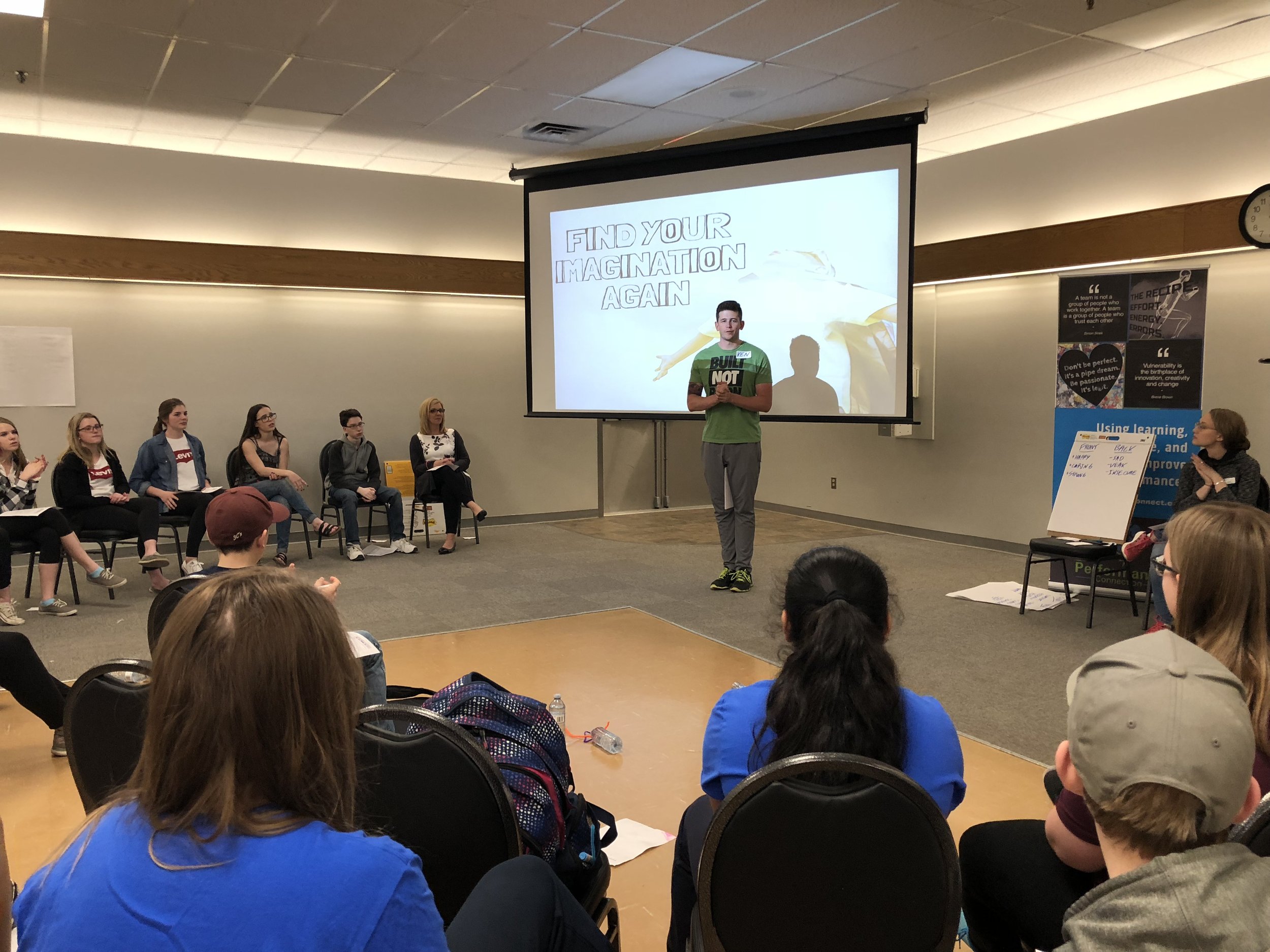Modern Learning Design & Development
Examples of Digital Development
(Click the graphic to view)
Key Pillars
ADDIE
I integrate the ADDIE model into my learning design process with a strategic edge that blends behavioural science, performance psychology, and real-world coaching insight. In the Analysis phase, I go beyond standard needs assessments by using performance data, stakeholder interviews, and behavior-based observations to uncover not just what learners need to know—but why they need it and how they’re likely to engage. During the Design stage, I create learning journeys that are outcome-driven and deeply rooted in adult learning theory, ensuring content is relevant, personalized, and immediately applicable. My Development process is agile and collaborative, incorporating multimedia tools, scenario-based learning, and learner feedback loops to build dynamic, accessible materials. When it comes to Implementation, I don’t just roll out training, I activate it, coaching facilitators, testing delivery methods, and ensuring alignment with the organization’s culture. Finally, my Evaluation phase includes both formative and summative assessments, but also uniquely incorporates performance tracking and psychological engagement metrics to measure deeper behavioural change. This holistic and adaptive approach makes my application of ADDIE not only rigorous but uniquely human-centered and impact-focused.
Adult education for 2025 & Beyond
My approach to adult education is grounded in best practices that respect how adults learn—by valuing relevance, autonomy, and practical application. I design every learning experience with the assumption that adult learners bring a wealth of lived experience and demand a clear “why” behind their learning. I integrate andragogical principles by ensuring content is immediately applicable to real-world challenges, often incorporating scenario-based learning, reflective exercises, and self-directed pathways that foster ownership and agency. I prioritize learner motivation and psychological safety, creating environments where participants feel empowered to take risks, ask questions, and apply new skills without fear of failure. By embedding collaborative learning and problem-solving tasks, I encourage peer-to-peer exchange and deeper engagement. My facilitation style leans into coaching over lecturing, and my programs often include feedback-rich moments, mentorship elements, and ongoing performance support—ensuring the learning sticks and translates into action. This approach not only aligns with adult education theory but elevates it, making learning both personally meaningful and organizationally transformative.
Gagné’s 9 and Bloom’s Taxonomy
I intentionally integrate Gagné’s Nine Events of Instruction and Bloom’s Taxonomy into my learning design to ensure each experience is structured, impactful, and cognitively rich. I begin by capturing attention and establishing relevance—whether through a compelling question, real-world scenario, or data-driven insight—to hook the learner and create immediate buy-in. From there, I clearly articulate learning objectives using Bloom’s levels, aligning activities to promote not just remembering and understanding, but also applying, analyzing, evaluating, and creating. As I guide learners through content, I embed opportunities to activate prior knowledge, provide guided learning, and offer meaningful practice. Feedback is not an afterthought—it’s a strategic tool I use to support growth and deepen reflection. Finally, I design assessments that aren’t just checkboxes—they’re performance-aligned and outcome-focused, allowing learners to demonstrate their skills at various cognitive levels. By combining Gagné’s structure with Bloom’s cognitive rigor, I’m able to design experiences that are both organized and intellectually challenging—ensuring every learning moment matters.
Contact Me
Interested in working together? Fill out some info and we will be in touch shortly. We can’t wait to hear from you!







